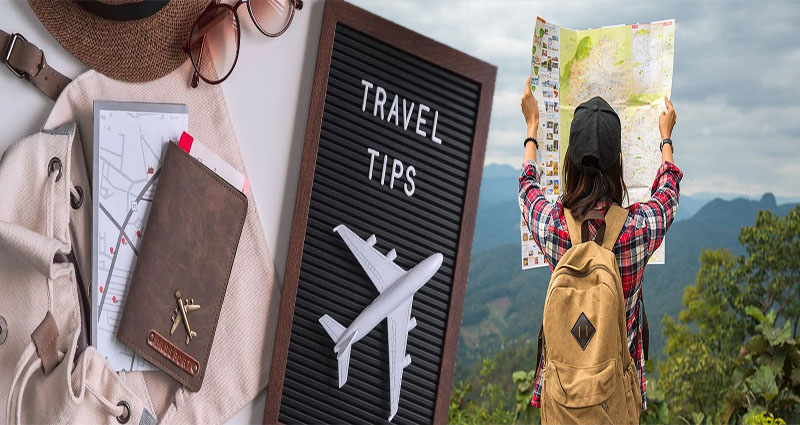When traveling, timing is everything. You will save money on transportation and accommodation by visiting during off-seasons. You’ll also be able to visit popular tourist attractions with less people and shorter wait times. In addition, most of these attractions are less crowded in the off-season, so you won’t have to worry about enduring long lines. So, make sure to plan your trip well in advance to avoid having a miserable experience.
Packing light
Whether you are traveling for a weekend trip or a long trip, learning to pack light is a skill well worth learning. By packing the right items, you’ll have more room for treasures and pay less to check luggage. Here are some tips and strategies to help you travel light. Keep in mind: You don’t have to pack every item in your closet! If you’re unsure, try using the tips below to get you started.
Choosing a travel partner
Choosing a travel partner for beginners means getting along with a person with whom you have a common goal and share similar goals. Whether you’d like to try new restaurants, visit museums, or simply spend time on a beach, you’ll both need to be flexible in their expectations. In addition, it helps if your travel partner is also a good driver. If not, you may want to find someone else.
Creating a loose itinerary
If you’re a beginner to trip planning, creating a loose itinerary may be best for you. It doesn’t have to be detailed with dates, and it can simply consist of a ranking of things you want to do. For example, you might list activities in order of importance, or you could make an hour-by-hour schedule. Regardless of your travel style, having fun activities to do while you’re on vacation is a great way to ensure that your trip doesn’t feel boring. You might have to make reservations for certain activities, but this doesn’t have to be a problem!
Getting a travel guide
Getting a travel guide for beginners will help you avoid common mistakes that people make when traveling. A good travel guide will educate you on all aspects of a destination, including things to do and not to do. They also speak your language, which helps you reduce the language barrier. If you don’t speak the language well, a guide can also help you buy items or ask for food. They can also be an invaluable asset when it comes to bargaining.








